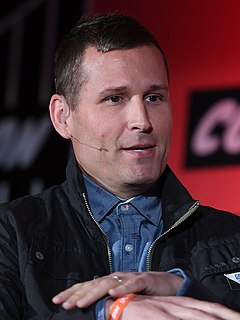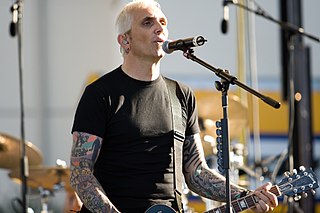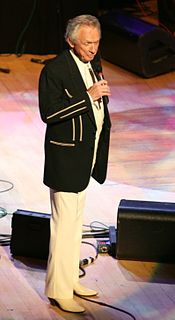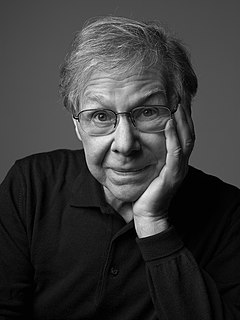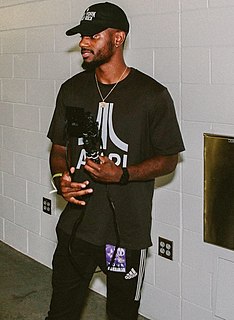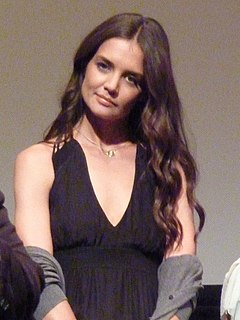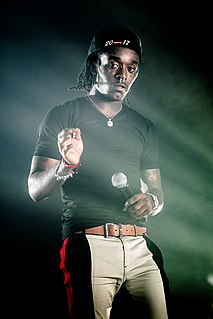A Quote by Saul Williams
The thing I've been talking about with daughter is the idea of - and I'm talking about essentially in America - the possibility of, a lost generation. I've been listening to a lot of music - as a fan, as a critic, as somebody who likes to dance - but I hear, you know, within these songs and half the people I hear, these philosophies encoded and embedded in these songs.
Related Quotes
At the beginning of my career, I saw an opportunity to forge new ground and focus on songwriting. Not many people were doing that at the time. Pretty much nobody. I thought I could write some really cool songs that would rise above all these dozens of genres that exist within dance music. I'd make it more about the songs. For the last 20 years, I've been sharing stories of my life through music. I've been writing songs about my life.
When you're really bummed out, the last thing you want to hear is up-tempo and positive. And it lets you know that you're not alone, that somebody has hurt before. It works the same way with chick songs as it does with political songs. When you hear somebody singing about these things, you know that you're not alone, that somebody else is suspicious of what's going on around us in the world. So you don't feel like you're crazy, and you feel like you might be able to make a difference.
She [Hillary Clinton] knows the people well. I think there is - you know, also talking about breaking down barriers and talking about that, whether we`re talking about that in economic terms. I mean, she`s the only person who has been out there talking about white privilege and talking about sort of the intersectionality of some of these issues.
I think we waste a lot of time trying to convince other people that we're right. A lot of times we don't actually care what another person thinks, we just want to say what we think. To hear it reflected back to us and that we're okay, to hear that we have been understood and that we're correct - so that we can continue to be who we are in the ways we've been being, and we have nothing to feel bad about and everything is just fine. Even if what we're talking about is, like, police brutality.
All songs have those X factors. I couldn't even explain or describe what will grab me about them but it's all music that I'm usually listening to. I'm always looking there to hear new music and see what's going on so that's usually when I'll hear something and be like "Wow, that melody is really crazy.
I was talking to my dad about the stuff he grew up listening to, and 'Operation: Mindcrime' is a record that he had always talked about around the house. He always talked about it as the 'greatest concept album of all time.' One day, I started listening to it, and it just hit me. I was like, 'These songs are all hits. They're all huge songs.'
Everything that happens to me gets put into a song. For some reason, I'm really comfortable talking about my personal life in songs. There, I don't hold back: names, dates, times, expressions on people's faces, exactly where we were and how it felt, what I wish I would have said to them in the moment. So I'm not only excited about sharing the songs with fans; I'm also pretty interested to hear the response from the guys I've written about on the record.
What I've learned from my gurus is that when you hear music, you hear a person, or you hear people, and you hear everything about them in those moments. They reveal themselves in ways that cannot be revealed any other way, and it contains historical truths because of that. To me, that is the most important thing. It shouldn't be a footnote, or the last chapter. It should be the complete thesis about a book on listening.

